Seoul went for fast mobilization of scientific expertise; immediate massive testing; extensive contact tracing; and social distancing, as well. But, crucially, most of it voluntary, not imposed by the central power. Because these moves were organically integrated, South Korea did not need to restrict movement drastically or to close down airports.
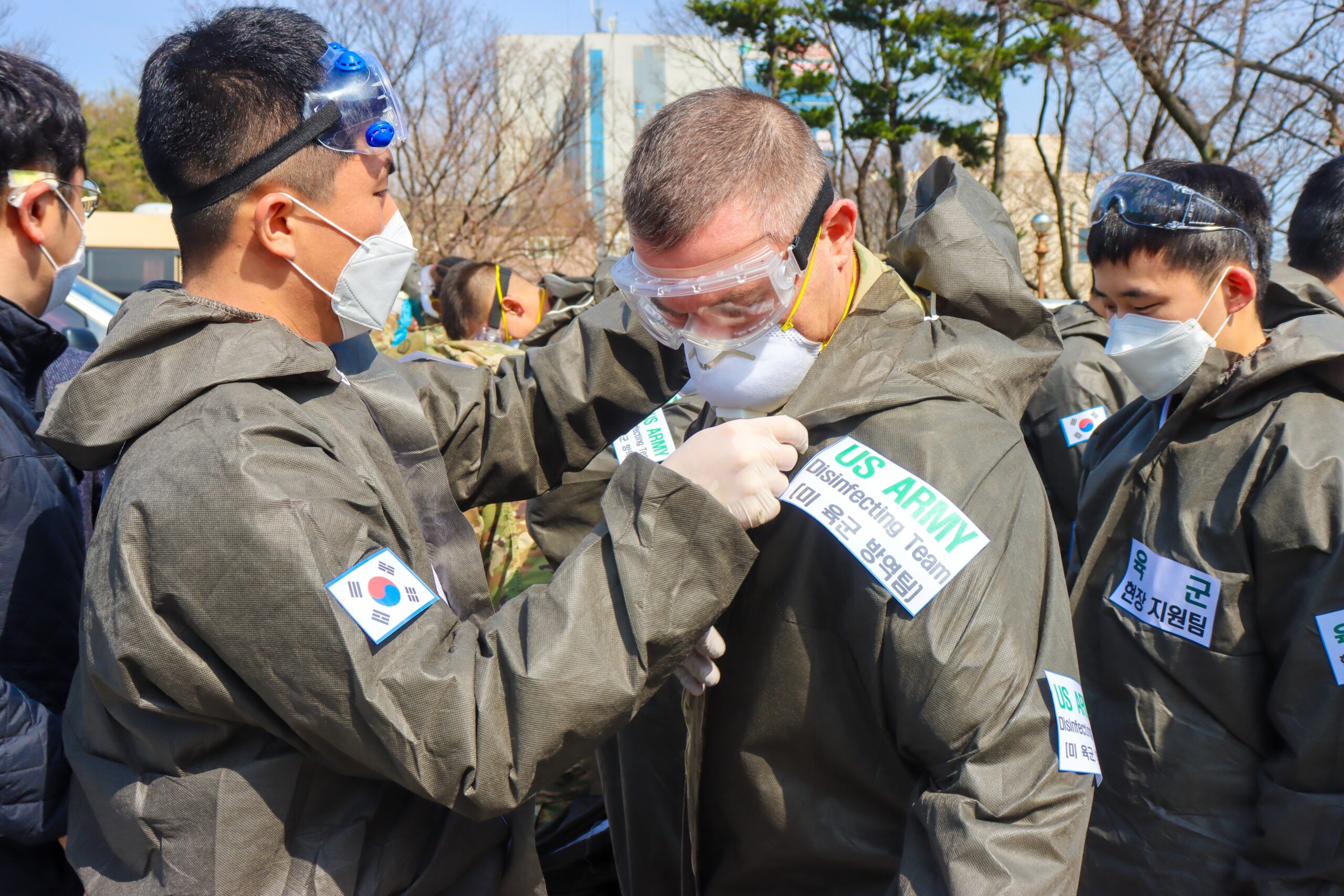
South Korean Army Soldier assists a U.S. Army soldier in donning protective equipment before sanitizing a COVID-19 infected area during a joint disinfecting operation in Daegu, South Korea, March 13, 2020. (U.S. Army, Hayden Hallman)
Hong Kong’s success is due in large part to a superb health care system. People in the frontline, with institutional memory of recent epidemics such as SARS, were willing to go on strike if serious measures were not adopted. Success was also due in large part to myriad professional links between Hong Kong’s and Taiwan’s healthcare and public health systems.
Barbarism with a Human Face
Then there’s Big Data. Han argues that in neither China nor other East Asian nations is there enough critical analysis in relation to digital vigilance and Big Data. But that also has to do with culture, because East Asia is about collectivism, and individualism is not on the forefront.
Well, that’s way more nuanced. Across the region, digital progress is pragmatically evaluated in terms of effectiveness. Wuhan deployed Big Data via thousands of investigative teams, searching for possibly infected individuals, choosing who had to be under observation and who had to be quarantined. Borrowing from Foucault, we can call it digital biopolitics.
Where Han is correct is when he says that the pandemic may redefine the concept of sovereignty: “The sovereign is the one who resorts to data. When Europe proclaims a state of alarm or closes borders, it’s still chained to old models of sovereignty.”
The response across the EU, including especially the European Commission in Brussels, has been appalling. Glaring evidence of powerlessness and lack of any serious preparations have appeared even though the EU had a head start.
The first instinct was to close borders; hoard whatever puny equipment was available; and, then, social Darwinist-style, it was every nation for itself, with battered Italy left totally to itself.
The severity of the crisis especially in Italy and Spain, with elders left to die to the “benefit” of the young, was due to a very specific EU political economy choice: the austerity diktat imposed across the eurozone. It’s as if, in a macabre way, Italy and Spain are paying literally in blood to remain part of a currency, the euro, which they should never have adopted in the first place.
As for France, read here for a relatively decent summary of the disaster in the EU’s second-largest economy.
Going forward, Slavoj Zizek gloomily predicts for the West “a new barbarism with a human face, ruthless survivalist measures enforced with regret and even sympathy, but legitimized by expert opinions.”
In contrast, Han predicts China will now be able to sell its digital police state as a model of success against the pandemic. “China will display the superiority of its system even more proudly.”
Alexander Dugin ventures way beyond anyone else. He’s already conceptualizing the notion of a state in mutation (like the virus) turning into a “military-medical dictatorship,” just as we’re witnessing the collapse of the global liberal world in real time.
Enter the Triad
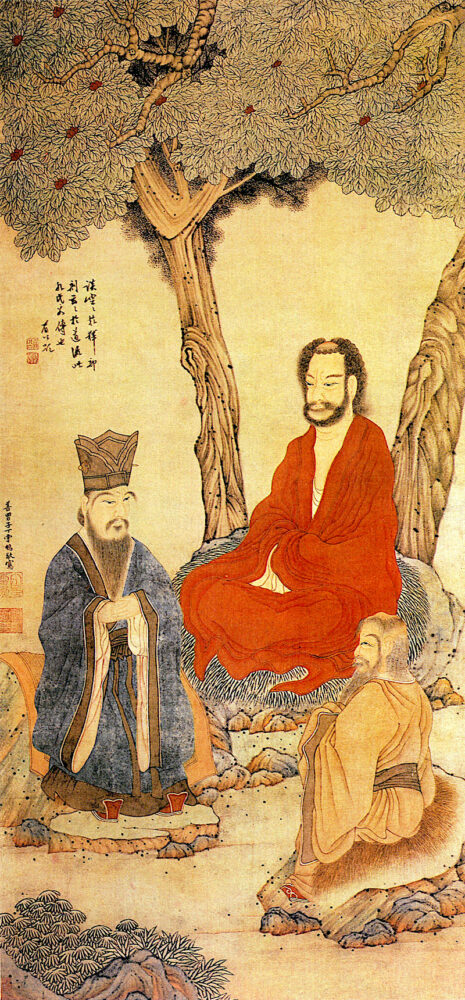
Confucius, Lao Tzu and Buddha. (Hanging scroll, ink and color on paper. Palace Museum, Beijing.)
I offer, as a working hypothesis, that the Asia triad of Confucius, Buddha and Lao Tzu has been absolutely essential in shaping the perception and serene response of hundreds of millions of people across various Asian nations to Covid-19. Compare this with the prevalent fear, panic and hysteria mostly fed by the corporate media across the West.
The Tao (“the way”) as configured by Lao Tzu is about how to live in harmony with the world. Being confined necessarily leads to delving into yin instead of yang, slowing down and embarking on a great deal of reflection.
Yes, it’s all about culture, but culture rooted in ancient philosophy, and practiced in everyday life. That’s how we can see wu wei – “action of non-action” – applied to how to deal with a quarantine. “Action of non-action” means action without intent. Rather than fighting against the vicissitudes of life, as in confronting a pandemic, we should allow things to take their natural course.
That’s much easier when we know this teaching of the Tao: “Health is the greatest possession. Contentment is the greatest treasure. Confidence is the greatest friend. Non-being is the greatest joy.”
It also helps to know that “life is a series of natural and spontaneous choices. Don’t resist them – that only creates sorrow. Let reality be reality. Let things flow naturally forward in whatever way they like.”
Buddhism runs in parallel to the Tao: “All conditioned things are impermanent. When one sees this with wisdom, one turns away from suffering.”
And to keep our vicissitudes in perspective, it helps to know: “Better it is to live one day seeing the rise and fall of things than to live a hundred years without ever seeing the rise and fall of things.”
As far as keeping much-needed perspective, nothing beats, “the root of suffering is attachment.”
And then, there’s the ultimate perspective: “Some do not understand that we must die. But those who do realize this settle their quarrels.”
Confucius has been an overarching presence across the Covid-19 frontline, as an astonishing 700 million Chinese citizens were kept for weeks under different forms of quarantine.
We can easily imagine them clinging to a few pearls of wisdom, such as: “Death and life have their determined appointments; riches and honors depend upon heaven.” Or “he who learns, but does not think, is lost. He who thinks, but does not learn, is in great danger.”
Most of all, in an hour of extreme turbulence, it brings comfort to know that, “the strength of a nation derives from the integrity of the home.”
And in terms of fighting a dangerous and invisible enemy on the ground, it helps to know this rule of thumb: “When it is obvious that the goals cannot be reached, don’t adjust the goals, adjust the action steps.”
So what would be the ultimate insight a serene East can offer to the West in such hard times? It’s so simple, and it’s all in the Tao: “From caring comes courage.”
Pepe Escobar, a veteran Brazilian journalist, is the correspondent-at-large for Hong Kong-based Asia Times. His latest book is “2030.” Follow him on Facebook.
The views expressed are solely those of the author and may or may not reflect those of Consortium News.
Please Donate to Consortium News.
 As the Raging Twenties unleash a radical reconfiguration of the planet, coronavirus (literally “crowned poison”) has for all practical purposes served a poisoned chalice of fear and panic to myriad, mostly Western, latitudes.
As the Raging Twenties unleash a radical reconfiguration of the planet, coronavirus (literally “crowned poison”) has for all practical purposes served a poisoned chalice of fear and panic to myriad, mostly Western, latitudes. 



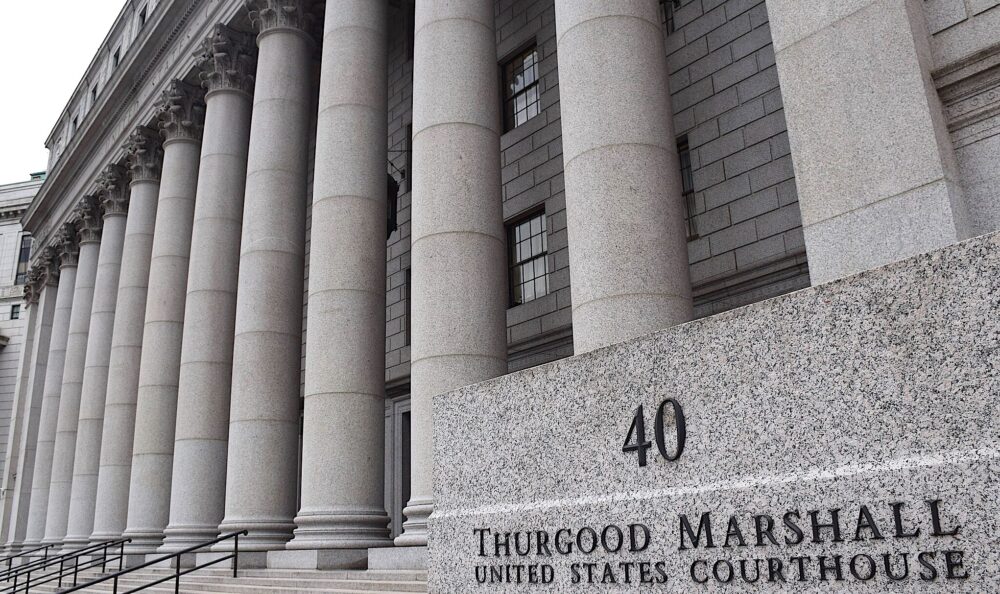


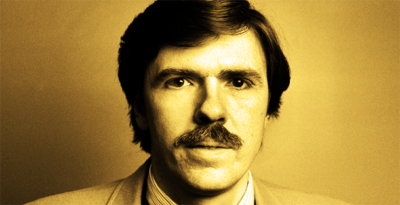

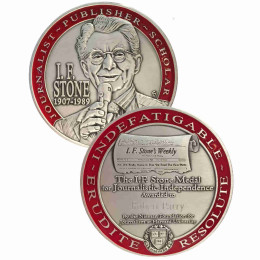


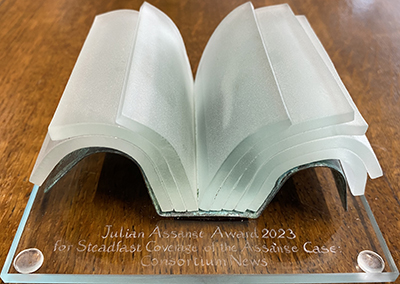

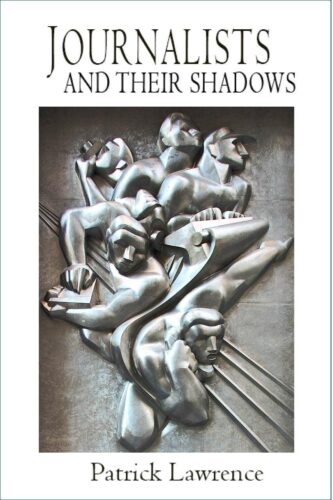
A good friend just introduced me to Pepe Escobar’s writing and there are some thoughts in this article that I will contemplate further. Thank you Pepe for these insights.
As a rule I practice a whole food and plant based diet. I’m almost 60 and have spent most of my adult life learning about the way we treat animals and the Earth, and trying to maintain an ideal weight (not always successful) and eating a diet that is good for me, animals and the planet.
I find both eastern and western cultures are both inhumane and cruel when it comes to just about anything but supposed human self interest. It is ironic to me that we feast on other animals and this is neither in our best self interest nor that of the planet. It is arguably this lack of respect and awe for wildlife that brings these pandemics upon us.
Which leads me to draw upon another saying, ostensibly from the Bible, ‘you reap what you sow’.
Again, thank you for the thought-provoking article.
Serene response by China? Is this guy serious? What I saw was armed police yanking people out of apartments or doorways, welding doors shut to prevent people from leaving their homes, forced imprisonment, and lots of dissenters “disappeared”. Maybe that serene response by the Chinese is due to the fact their Government keeps tight controls on information coming out of China and will imprison or kill their citizens if they don’t follow direction. Yea, lets bring that to the West to fight a coronavirus that circulates the globe every couple of years.
Just to look at things in relative terms: Does China imprison anywhere near as many of its people as the US? Does its police force kill as many people as US police do in a year?
And another pertinent question, does China actually keep tight controls on information? I hear people talking about China like it is North Korea and completely opaque, and yet many people talk to family in China, visit China for business, etc. The volume of research papers and data coming out of China has been enormous over the last few months. The situation in China seems quite unknown to the types of people that engage in xenophobia or jingoism, but fairly accessible to anyone who pays attention.
Much appreciated wisdom and nuanced perspective.
As well, Pepe, I very much appreciate that you called out, on another site, the clarity and honest assessment of Godfree Roberts’ comment on your article about who profits (from this crisis) which Consortium News published recently.
DW
As that great sinologist Arthur Waley said in his introduction to his translation of the Dao De Jing,’ who’s to say that the direction we are taking won’t turn out to be a blind alley?’
So much of the gratuitous vilification of China from the West is fomented by envious elites unable to act in such a unified and focused way because they are unused to thinking beyond their own self-interest and those of their sponsors. The greater good, except in exceptional times such as these, is inevitably left far behind…But most elites in the West would love to install Bentham’s panopticon and, who knows, with COVID 19 they might just be seizing the opportunity. A hugely pragmatic race, most Han would say ‘what is the use of your freedom if your state is in chaos and millions are starving?’ Many are still alive who have experienced just that. They don’t want it again..And mistakes of the past unquestionably haunt them, governors and the governed. As Pepe has so rightly said, their ancient philosophical traditions are alive and well and consciously directing debate at every level of society.. What a phenomenal strength in ‘interesting times’….
Yes, there is unquestionably a huge gulf between the clan-based collective consciousness of the Chinese people nurtured through great hardship and turbulence over more than 2000 years and the individualism of the US model where the ‘success’ of society is based on the illusory ‘freedom’ of being able to fight and get what you want. In reality, this freedom is available to a very small percentage of the population and austerity has significantly chipped away at that. China doesn’t lack individual competitiveness – far from it. But it is enshrined within a system. This system has been the subject of intense debate since before the birth of Christ… And this debate is still raging, not least in the context of the Social Credit System amongst many others. It rages both within and without the CCP. It’s incredibly complex, the results far from perfect and it’s all very foreign to the ideas of society and freedom we Westerners hold sacrosanct. But it does always have the focus for the ‘greater good’ – whatever Western critics might say. The tremendous strength of a state directed by one party is that things can be done quickly and effectively.. So much of the gratuitous vilification of China from the West is fomented by envious elites unable to act in such a unified and focused way because they are unused to thinking beyond their own self-interest and those of their sponsors. The greater good, except in exceptional times such as these, is inevitably left far behind…But most elites in the West would love to install Bentham’s panopticon and, who knows, with COVID 19 they might just seize the opportunity. A hugely pragmatic race, most Han would say ‘what is the use of your freedom if your state is in chaos and millions are starving?’ Many are still alive who have experienced just that. They don’t want it again..And mistakes of the past unquestionably haunt them, the governors and the governed. As Pepe has so rightly said, their ancient philosophical traditions are alive and well and consciously directing debate at every level of society.. What a phenomenal strength in ‘interesting times’….
Dear Simon Abbot: I dare say it’s rare for a Westerner to understand the Chinese like you apparently do. Unlike the old days the young no longer need to study the classics, but most do absorb at least some of the three big influences (Confucianism, Daoism, and Buddhism) because we often alluded to their teachings in our daily life. When we balance our consumption of meat with vegetables our meal is said to be yin-yang (balanced). And this unity of opposites are often pointed out in times of stress – our children are often told nothing lasts forever, not joy and certainly not suffering, and this attitude did much to tide us over the century of humiliation. There’re too many concepts to narrate here, and from your postings I think you already understand what make us tick. You have my greatest respect.
I’m not sure where this article is.
The West is always inhumane and selfish. This bias goes throughout articles collected on Consortium News. But does bias offer an all-encompassing explanation here?
Maybe the helpless responses resulted, however, from something else? East Asian countries had to combat SARS before and were prepared, the rest of the world was not. We don’t have to single out the West for this. Any other region of the world is closing borders and has no stockpiles to counter this exact kind of threat. There was nothing to do because nobody had the means to do something. Without face masks and protective gear and stocks of desinfectant, what could the government of any nation do? We pretty much experience that right now.
The reality is that China did precious little to protect other nations, and other Asian nations, or even the healthcare workers of Hong Kong, simply anticipated that. South Korea immediately switched to contact tracing because they didn’t trust what China told the WHO (does not transmit between humans) while nations in the other parts of the world didn’t want to overreact. If they had anticipated Chinese officials lying about this to the extent they did they might have instituted a few measures earlier, we’ll never know.
As for Taoism, Confucianism, and Buddhism. Two out of three are dead in China, practiced by minorities or individuals at best, sometimes being prosecuted for it. I asked a young Chinese coworker about things stemming from their own culture and I will get genuine confusion. This changed my perception of China – if China’s glorious history can be so thoroughly eradicated that young people don’t know about it even though the regime professes to be the inheritor of thousands of years of culture (and lands that once belonged to Chinese emperors no matter what its people say), then Taoism and Buddhism play no practical role in modern day China and can’t be used to explain the response of its people. (Something confirmed to me by people with interest in China several times over.) Maybe in wider Asia, but neither of these three philosophies (or religions in two cases) actually played a major role in China’s response, I would say.
The reality is that people in the rest of the world have not been prepared for a global pandemic while China had a close-up testrun. Nations that experienced that first-hand last time round were prepared. But even though SARS was in the focus of health officials in the actual West, politicians had no first-hand experience of the gravity of the situation and learned the wrong lessons. (That it was contained locally and died out.) Actually who learned a lesson? China did not close its wet markets or cracked down on eating rare wildlife, and apparently many other Asian nations didn’t. We all look like fools together.
Well, that happens. It’s not a foolish and panicky West vs a culturally stoic East. That’s no explanation. It’s not solidarity vs selfishness. In reality, China looked after China, as did each other nation, as did South Korea, or the European nations. We could do better as a species but that was our reflex response.
I could go through your post point by point, but it would be tedious and I doubt if you would accept much of what I say anyway. Of course China did look after China first. And it was right to do so. Yes bureaucracy seems to have dragged its feet to begin with, but nothing like as long as is being claimed in the West. And then it acted incredibly quickly and with focus and great success. 700 million people locked down is no minor feat. Now, the county is doing otherwise. And reaching out and collaborating, as much as it is allowed to do so. It is easy and really rather cheap to dismiss this merely as geo-political posturing.
Saying neither Taoism or Buddhism played no major role in China’s response in such a matter of fact way is preposterous, since you would need to be in the minds of a large number of people involved in both decision-making and executive action to say that with any authority whatsoever.
I agree that many in the younger generations are considerably less informed and some entirely ignorant of the ancient traditions. This is something that has troubled the older generations for many years and one of the reasons why there has been a good deal effort to at least restrain what they see as the pernicious influence of materialism from the West. The young, of course, have felt oppressed by this, which is why it is so easy for Westerners to find young people to criticise the aspects of life in China that frustrate them.
The West always has a tendency to separate out religion and philosophy when it comes to the three main traditions in China. This is not a distinction made by the Chinese. The traditions have so penetrated Chinese thought that it is part of their DNA. The fact that young people do not know that many of the sayings and ideas of their parents and grandparents are founded in Taoism or Confucianism or Buddhism is actually neither here nor there… and in no way a barometer of the influence of more than 2000 years of ethics, statecraft and self-cultivation.
Thanx, Pepe. The West has much to learn from the East.
Sounds a bit one-sided. Americans think others are submissive. Then they invade Vietnan or Iraq and find out differently.
Pepe, you are a diamond in the rough.
Thank you, Pepe, for this relevant reminder.
Another great article/analysis by Pepe Escobar. I have nothing but admiration for Chinese authorities handling covid-19 crisis. All levels of western governments looked inept and criminally negligent. Where is the Civil Defense? Where are the stockpiles of needed medical supplies? It is like sending combat troops into the battle against mortal enemy with one bullet in their guns. You can see the rot and stupidity spreading through our western societies mostly promoted by our inept governments. I have nothing but admiration for Chinese government and their handling of the crisis. Good luck China.
Or maybe SARS happened in China before and they were prepared to handle the last crisis? Most governments in the world and in history are prepared to handle the last crisis.
Though… if China had actually cracked down on “wet markets” after SARS, what would be the probability this would have happened as is?